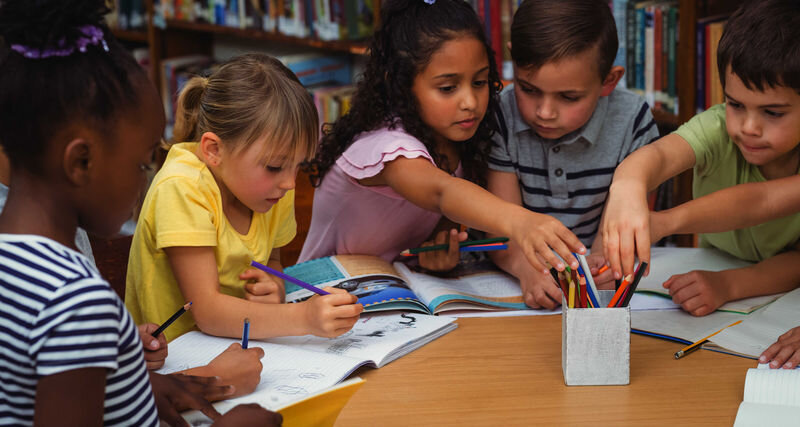Education priorities for a New Zealand where all children can flourish
The upcoming election provides an opportunity for all political parties to put the wellbeing of all New Zealand’s children at the centre of their education policies, says Child Poverty Action Group (CPAG).
Access to healthcare, dry and warm housing, and sufficient family income provide the foundation for children’s wellbeing, so they are able to thrive, and to learn. At the same time, it is crucial that that the education system is resourced adequately so that children from all socioeconomic backgrounds can flourish.
Public schooling in New Zealand is contributing to a significant financial burden upon families, especially for those who are already experiencing hardship. This is in part due to the hidden costs of a ‘free education’, which fall to families to spend on items such as ‘voluntary donations’, uniforms, trip costs, examination fees, and the increasing costs associated with a digital curriculum, such as tablets and laptops. The sad reality is that the longer students stay at school, the greater the pressure on their families to bear the financial costs of them being at school.
Reports show that the New Zealand Government’s funding for the education sector is proportionately less than the average across the OECD, and the proportion of household expenditure is much higher. On average across the OECD priority expenditure is on primary education, while in New Zealand, secondary school spending is prioritised. New Zealand childcare costs are amongst the most expensive in the OECD at nearly 30% of net household income and undergraduate student fees are also amongst the most expensive compared with other OECD countries.
“It is quite astonishing how responsibility for funding state education at all levels has been systematically shifted from government to households,” says Professor John O’Neill, CPAG education spokesperson.
“This is yet another inequitable tax on the most disadvantaged in our society and completely undermines government rhetoric that children’s lives matter.”
Dr Vicki Carpenter says that while costs related to, for example, NCEA fees, laptops, musical instruments, and outdoor and extra-curricular activities are a struggle for most households, for those in poverty the family's 'contribution' to their child's 'free education' can be an absolute nightmare.
"Alienation from the school system and all that it promises can be one result of inadequate state funding of education," says Dr Carpenter.
"Funding that is available needs to be shared more equitably, with an emphasis on the public good aspect of education. All children, no matter what their home circumstances, deserve a rich, fulfilling and challenging education which helps them reach their potential."
CPAG recognises the weight of research confirming the vital importance of early education in providing young children with foundations for learning and life.
“High quality, culturally responsive education is a right for all children of all ages, including the very young, and should be fully funded by government as a public good, not viewed as a private for-profit enterprise,” says Associate Professor Jenny Ritchie, CPAG spokesperson for ECCE education.
“It is particularly beneficial for children participating in ECCE who are from more disadvantaged backgrounds. We cannot undermine the wellbeing and future learning of these children by having unqualified caregivers in the ECCE setting.
“Teachers in this sector need to be well-qualified in order to deal with the challenges of working with children from diverse cultural and linguistic backgrounds.”
CPAG is calling on the incoming government to:
Ensure that high quality, culturally responsive early childhood education is available for all children in early childhood care and education (ECCE) by requiring 100% degree-qualified teachers in all teacher-led, centre-based ECCE centres.
Markedly increase funding for public education to ensure that expenditure on education becomes less of a household burden, and introduces systems to ensure that a genuinely free public education in New Zealand can be guaranteed.
CPAG has just released the fifth in a series of policy recommendations - Priorities for education. This paper focuses on improving funding in the public education sector so that all children have the opportunity for educational success. Other papers include recommendations for incomes, housing, social investment, and public health. CPAG believes it will take implementing these policies to achieve a New Zealand where all children can flourish.

